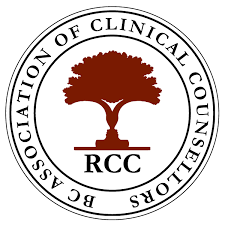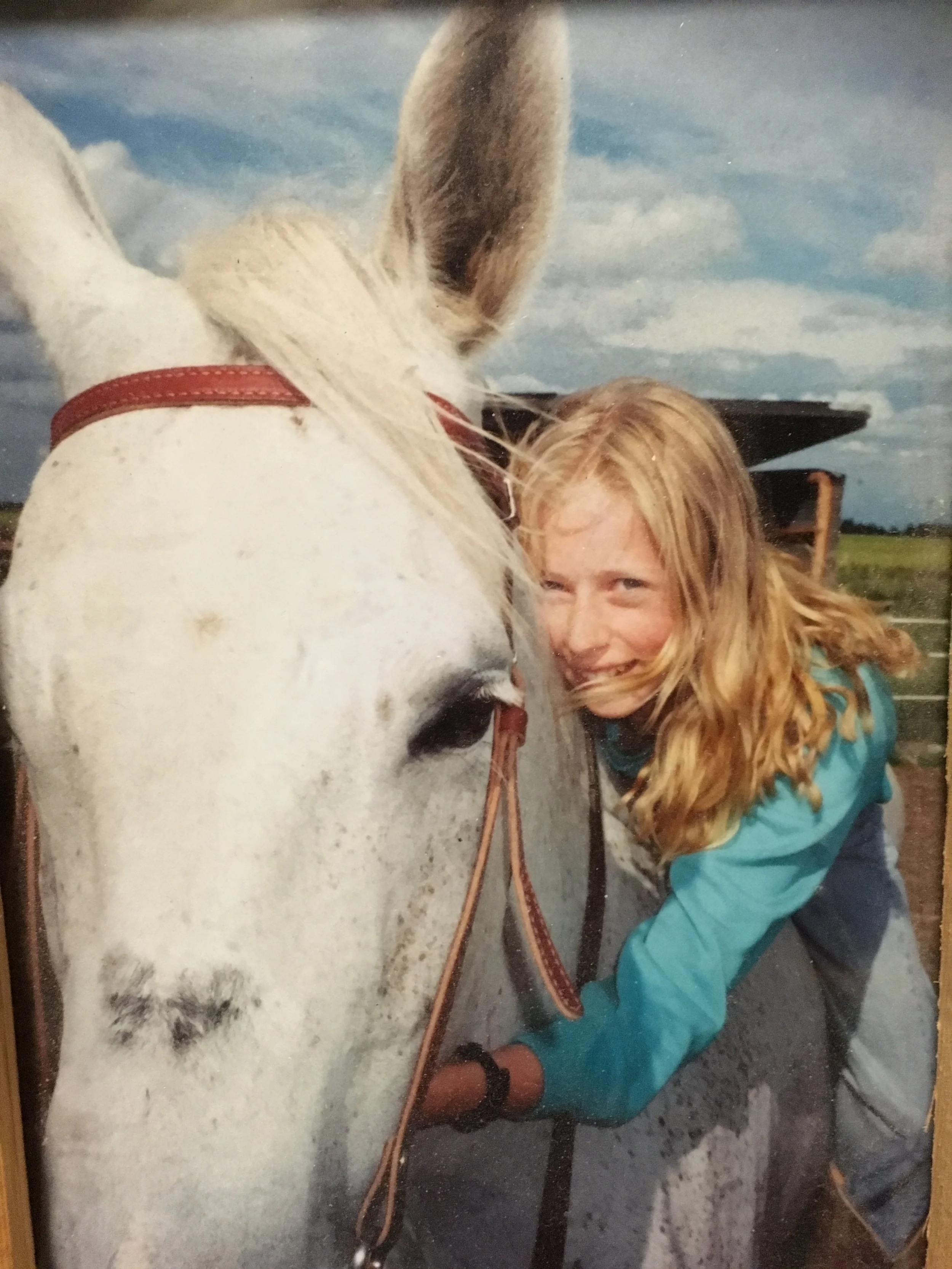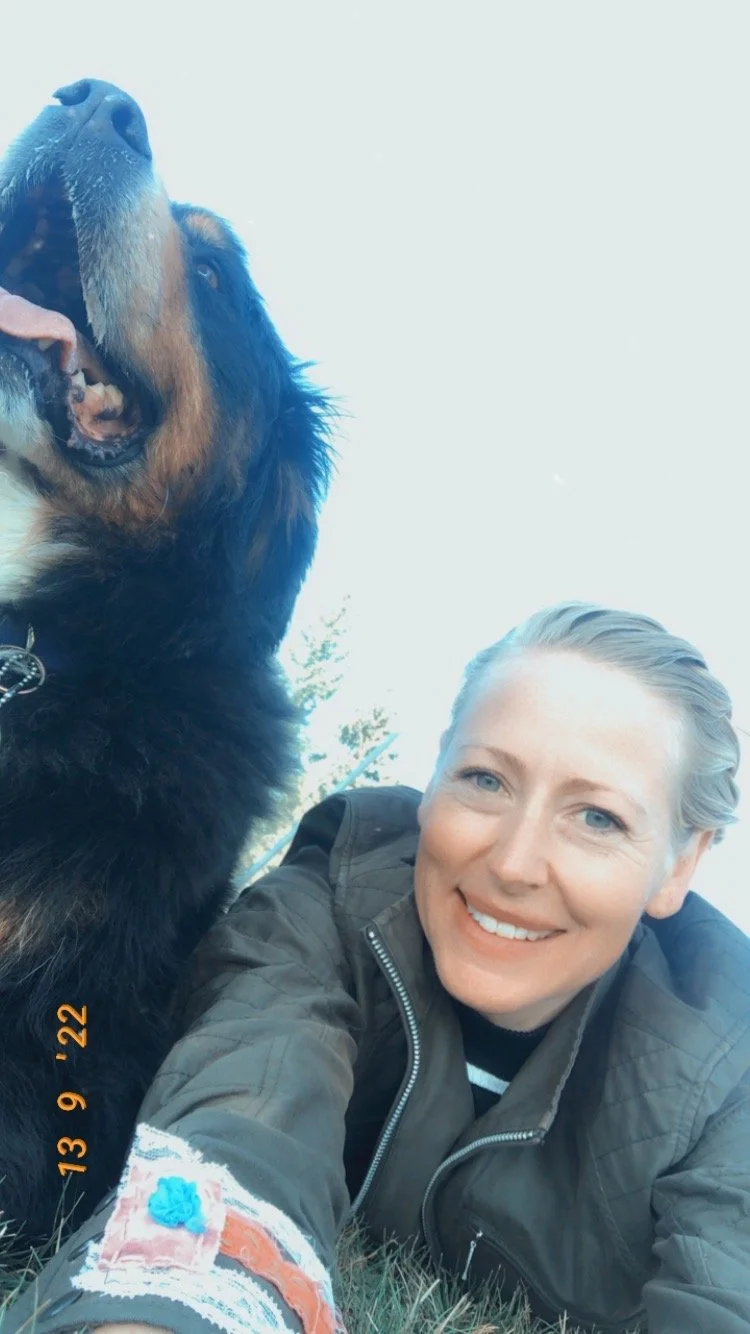Counselling
I am a registered clinical counsellor that offers many types of psychotherapy options including one-one, virtual and in-person, as well as couples and group work.
To be added to the waitlist (and you reside in BC) you can create an account here.
You can learn more about my approach and who I am below:
Lisa Loewen, BA, MAIS, RCC
Over the last decade or so, I’ve developed my own approach to working with clients.
I’m not a manualized (step by step), protocol-driven therapist—though I do draw from many approaches to support my work.
If you were to map out my education and training, it would zigzag across landscapes: attachment theory, anxiety, existentialism, death and dying, and the realities (and sometimes joys) of being neurospicy.
My approach looks different with every client. Being an integrative, intuitive, and relational therapist, I listen for what’s alive in the moment, mentally, spiritually, somatically. I weave together research-backed practices with lived experience, and I trust that healing doesn’t follow a formula—because we’re not built that way.
Check out my training and certification here.
Most Loved Influencers
I didn’t arrive at this work by accident—and I certainly didn’t arrive alone.
My approach has been shaped by teachers, writers, and therapists who speak to the full spectrum of what it means to be human: from attachment and trauma, to love, loss, desire, and the nervous system.
Some of the voices I return to again and again are:
Carl Jung and Lisa Marchiano – for reminding me that what lives in shadow still speaks, and is often powerful insight into authenticity.
Esther Perel and Terry Real – for their fierce honesty about relationships, rupture, repair, and the messy art of connection.
Jessica Fern and Martha Kauppi – for expanding the map on attachment and relational and sexual diversity, offering frameworks that are inclusive, nuanced, and deeply attuned.
Deborah MacNamara and Gordon Neufeld – for giving language to the developmental and attachment needs of children, and the child that still lives in all of us.
Stan Tatkin – for helping us understand that secure functioning isn’t a luxury—it’s a foundation.
Virginia Satir – for weaving together family systems, body wisdom, and emotional honesty with timeless grace.
Pema Chödrön and David Richo – for their steady guidance in the art of staying present, trusting impermanence, and working with what is.
Bessel van der Kolk and Peter Levine – for bringing trauma back into the body, where it can finally breathe and move.
Robert Sapolsky – for his unflinching look at how biology and environment dance together to shape behaviour and being.
Deb Dana and Stanley Rosenberg – for illuminating the language of the nervous system and the power of co-regulation in creating real safety.
Staci K. Haines – for her work at the intersection of trauma healing, somatics, and social transformation—a reminder that embodied change is both personal and collective.
And always, some of the many poetic guides:
Rumi, Pablo Neruda, and bell hooks—whose words have helped me remember that healing cannot only be defined as a clinical event.
Early Days
Long before I sat in a counselling chair, I was out in the field with young horses—starting colts, not breaking them. I learned early that trust isn’t earned through force. It’s built slowly, through knowing fear and cultivating safety, that the body and the mind are intimately connected and regulation is required for true learning and positive growth.
Each horse had its own rhythm, its own story, its own way of saying not yet.
Decades of this work taught me how to listen with more than just ears. More than any other psychology theory, feeling the nervous system of another being and meeting them where they are, not where I want them to be, taught me the most about what it means to be alive an in relationship.
I began studying psychology right out of high school—drawn to the human mind, though I didn’t yet understand my own. I struggled with focus, time, anxiety, and learning in ways I couldn’t explain. It would take two more decades before I received a diagnosis that finally made it all make sense:
I wasn’t broken.
I was neurodiverse.
These two threads—horses and hard-won self-understanding—weave through everything I do. They remind me that healing isn’t linear and safety is sacred. Every being—hoofed or human—deserves to be met with curiosity, respect, and room to be exactly who they are.
My training as a counsellor began in Equine Facilitated Wellness where I went beyond training horses to partnering with them as healers.
I now work with a smaller furry population and often have my dog with me in session.
When we approach a being—animal or human—our internal state is our first offering. Our posture, our breath, our light: these are the foundations of connection
I work with:
Trauma & Recovery
Childhood, relational, and complex trauma
Sexual, physical, and emotional abuse
PTSD and post-traumatic stress
Trauma from accidents, medical procedures, grief, or birth
Domestic and gender-based violence
First responder and front-line worker support
Mental & Emotional Health
Anxiety, panic, and phobias
Depression and mood challenges
Attention and focus difficulties (ADHD)
Sleep issues and nervous system dysregulation
Shame and chronic shame
Self-harming thoughts or behaviours
Suicidal ideation (adult)
Identity & Self-Discovery
Inner-Child Work
Neurodivergence (Autism, ADHD, giftedness)
Gender identity, expression, and exploration
LGBTQ2+ identity and relationships
Men’s concerns and emotional development
Menopause and hormonal transitions
Spiritual inquiry and existential questions
Personal growth and life direction
Career, education, and retirement transitions
Relationships & Intimacy
Communication breakdowns
Couples, marriage, and premarital work
Separation, divorce, and relationship endings
Infidelity, betrayal, and repair
Parenting and blended families
Alternative relationship structures (polyamory, open relationships)
Family of origin dynamics
Boundary setting and codependency
Intimacy, sexuality, and sexual concerns
Grief & Loss
Death and dying
Perinatal and postnatal loss
Suicide loss
Companion animal loss
End-of-life and anticipatory grief
Elder care and caregiver support
Women’s Health & Transitions
Menopause and midlife reflection
Body image, self-esteem, and identity
Chronic pain and illness
Trauma-informed support for medical or reproductive experiences
Stress, Life Transitions & Resilience
Stress and burnout
Navigating life changes and identity shifts
Crisis support and stabilization
Goal-setting and values-based living
Workplace conflict and mediation






